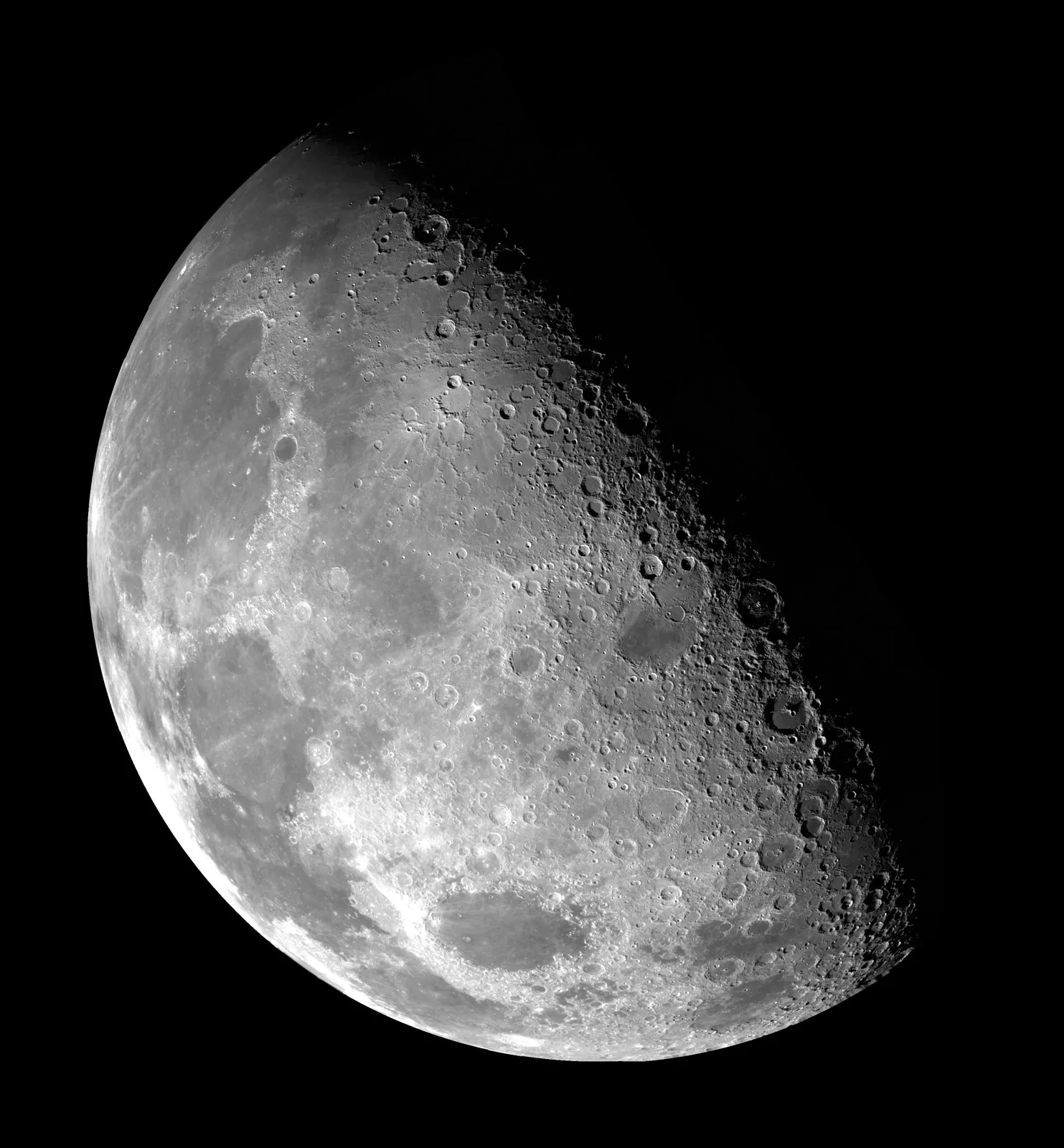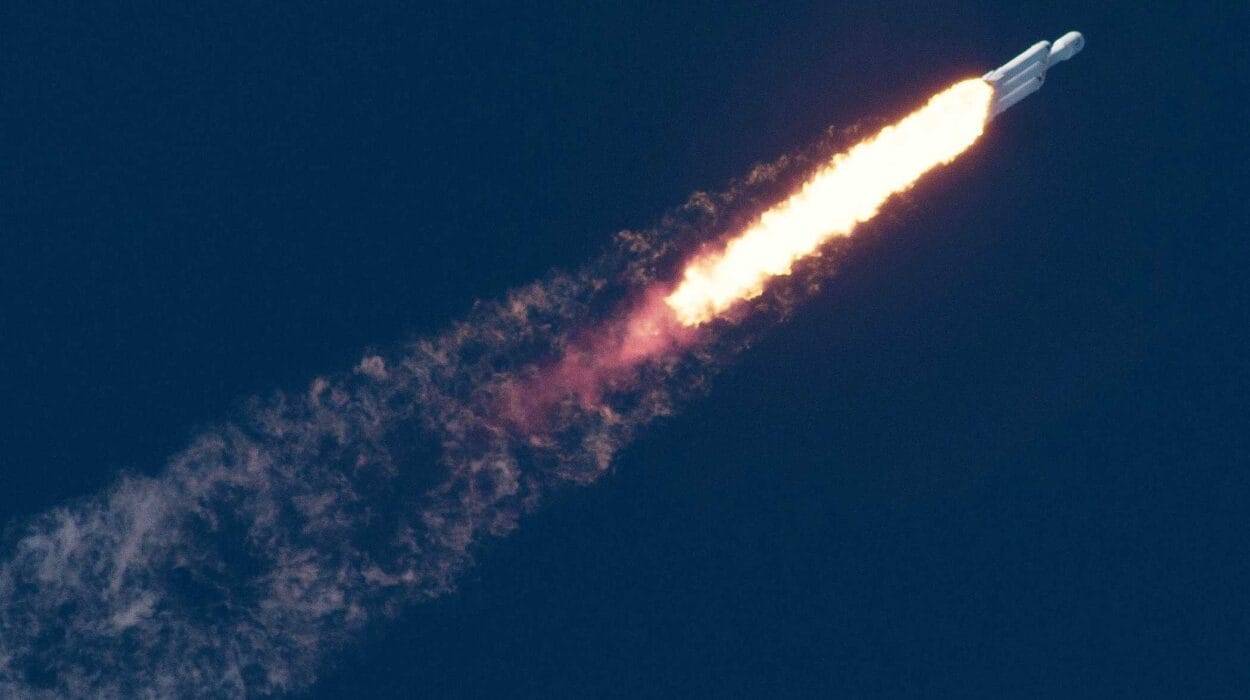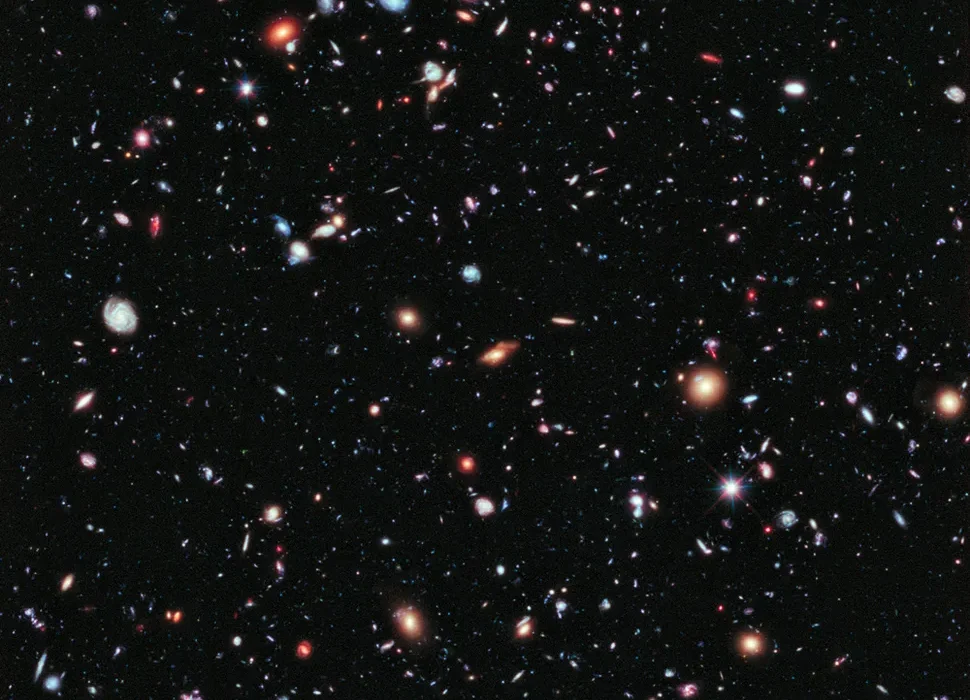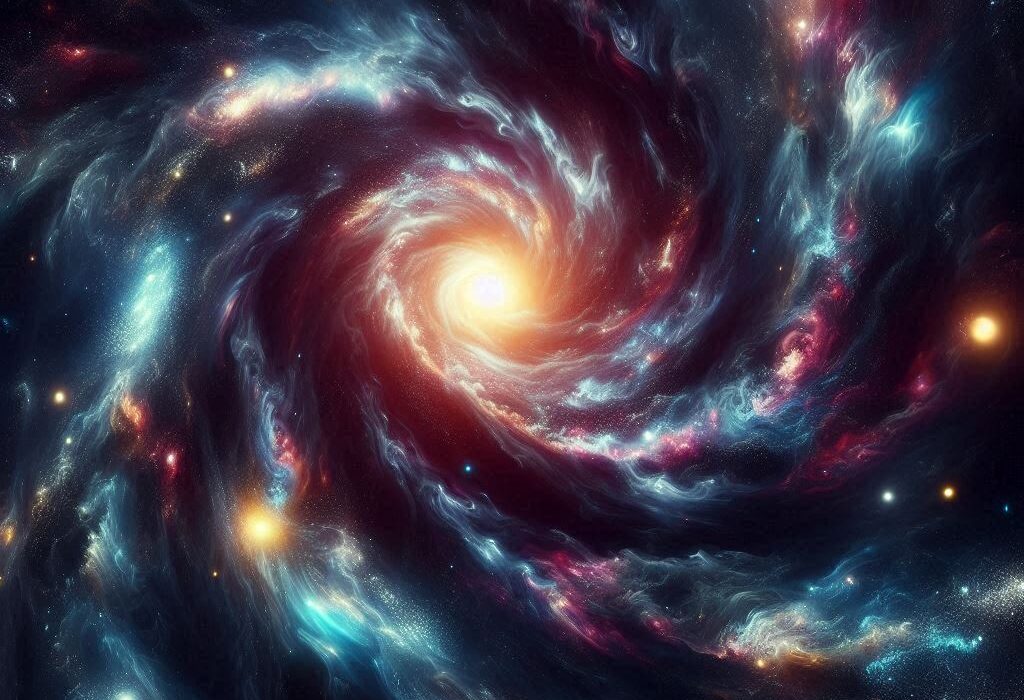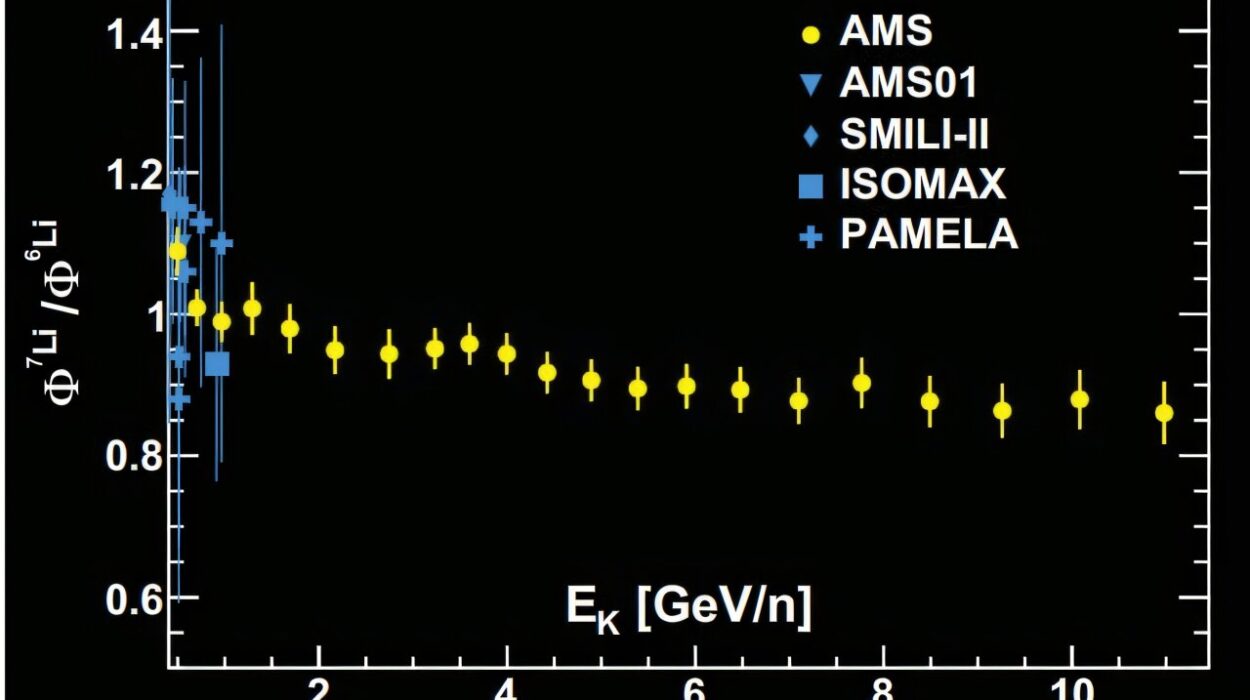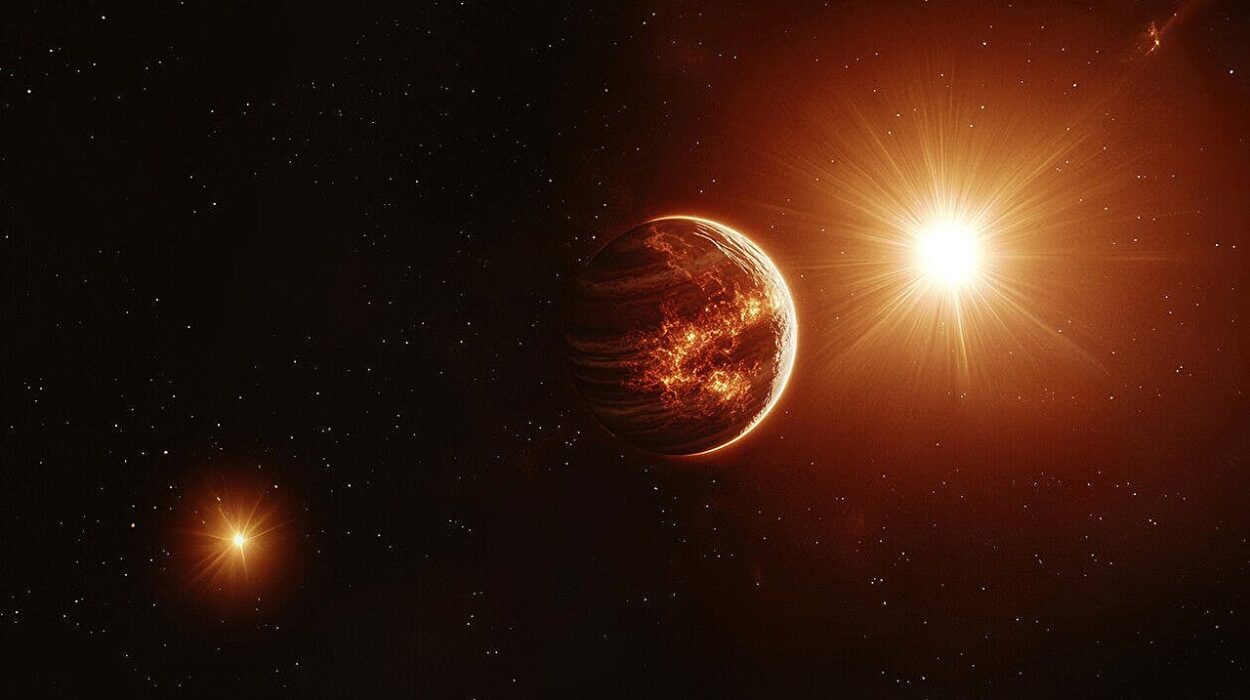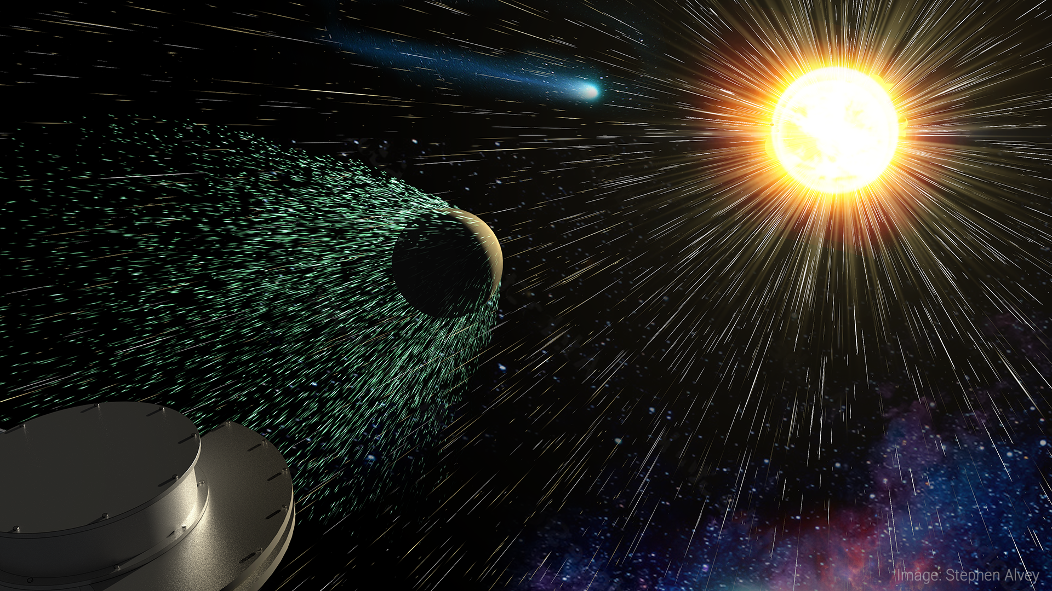The Moon has captivated humanity for centuries, both as a symbol of mystery and a crucial component of life on Earth. For millennia, it has been a guiding light in the night sky, influencing the oceans, helping stabilize Earth’s rotation, and even playing a role in life’s very evolution. But what would happen if, in some unlikely twist of fate, the Moon simply disappeared overnight? Would life on Earth continue as we know it, or would our planet descend into chaos?
The Moon’s presence is far more significant than we might initially realize. To understand the consequences of its sudden disappearance, we must explore the intricate relationships it shares with Earth. This thought experiment will examine how such an event could impact the tides, climate, Earth’s rotation, our biological rhythms, and even the cultural and philosophical significance of the Moon.
The Moon’s Role in the Earth-Moon System
Before diving into the hypothetical scenario of the Moon vanishing, it is essential to understand the Moon’s role in the Earth-Moon system. The Moon is Earth’s only natural satellite, orbiting the planet at an average distance of about 384,400 kilometers (238,855 miles). It has a significant gravitational influence on Earth, affecting various natural phenomena, such as tides, Earth’s axial tilt, and the length of a day.
Gravitational Pull and Tidal Forces
One of the most immediate effects of the Moon’s presence is its gravitational pull on Earth’s oceans. The gravitational force between the Earth and the Moon causes the water on Earth to bulge, creating high and low tides. The Moon’s gravity is responsible for about 60% of the tidal forces we experience. Without the Moon, the tides would still exist, but they would be much weaker, mainly caused by the Sun’s gravitational pull.
This change would have profound implications for marine life. Tidal ecosystems are home to a variety of species that rely on the ebb and flow of the tides for food and reproduction. The Moon’s disappearance would disrupt these habitats, threatening the delicate balance of these ecosystems. In addition, some species of fish and other marine creatures time their reproductive cycles to the lunar phases. Without the Moon, these species might struggle to synchronize their reproduction, which could lead to declines in certain populations.
Earth’s Axial Tilt and Seasons
The Moon also plays a crucial role in stabilizing Earth’s axial tilt. Earth’s axis is tilted at an angle of about 23.5 degrees relative to the plane of its orbit around the Sun, and this tilt is responsible for the changing seasons. The Moon’s gravitational influence helps keep Earth’s axial tilt relatively stable over long periods of time. Without the Moon, Earth’s axis could become unstable, leading to dramatic shifts in the planet’s climate.
Over thousands or millions of years, Earth’s axial tilt could fluctuate more wildly, causing drastic changes in the planet’s seasons. These changes could make Earth’s climate far more extreme, with some regions experiencing sweltering summers and frigid winters. Such instability would make life much more difficult for many species, including humans.
Earth’s Rotation and the Length of the Day
Another consequence of the Moon’s absence would be the effect on Earth’s rotation. The Moon’s gravitational pull causes a phenomenon known as tidal braking, which gradually slows down Earth’s rotation over time. The Moon’s gravitational tug has been slowing Earth’s rotation by about 1.7 milliseconds per century. While this may seem like an insignificant change, over millions of years, it has led to a lengthening of the day.
If the Moon were to disappear, this process of tidal braking would cease, and Earth’s rotation would gradually stabilize. However, without the Moon to slow Earth down, the planet would eventually experience a faster rotation. Over time, the length of a day could decrease significantly, perhaps to as little as four to six hours. This would lead to shorter days and nights, which would have profound implications for life on Earth.
The faster rotation would also affect the planet’s weather systems. Stronger winds, more intense storms, and rapidly changing weather patterns could result from a faster rotation. These changes would challenge ecosystems and human societies, particularly those in areas prone to extreme weather events.
Effects on Life and Biological Rhythms
Beyond the physical effects on Earth’s systems, the Moon also has a significant impact on life on our planet. Many species, both on land and in the ocean, are influenced by the lunar cycle. From the spawning of fish to the reproductive cycles of nocturnal animals, the Moon plays a role in the biological rhythms of countless organisms.
The Impact on Marine Life
As mentioned earlier, the Moon’s gravitational pull is responsible for the creation of tides, which are critical to the survival of many marine species. Marine creatures such as sea turtles, crabs, and certain species of fish rely on the tides for feeding and reproductive purposes. Without the Moon, these species would face significant challenges in maintaining their populations.
For instance, many species of sea turtles time their egg-laying to coincide with specific tidal cycles. Without the Moon, these turtles might struggle to find the right conditions to lay their eggs, leading to declines in their populations. Similarly, certain species of fish spawn during particular phases of the Moon, and these spawning events could be disrupted if the Moon were no longer there to regulate the timing.
Effects on Nocturnal Animals
The Moon also plays a role in the behavior of nocturnal animals. Many creatures, such as owls, bats, and certain insects, rely on the Moon to navigate and hunt at night. The disappearance of the Moon would disrupt their ability to hunt and navigate, potentially leading to a decline in these species’ populations.
In some cases, the absence of the Moon could also have a broader impact on ecosystems. Nocturnal predators that rely on moonlit nights to hunt could find it more difficult to find food, while prey species that rely on the cover of darkness could become more vulnerable to predation. Over time, this disruption could lead to shifts in the balance of ecosystems, affecting both predators and prey.
Human Impact: Biological Clocks and Sleep
Humans are not immune to the Moon’s influence either. Our biological rhythms, including our sleep-wake cycles, are affected by the Moon’s phases. Research has shown that human sleep patterns are influenced by the lunar cycle, with people experiencing slightly more disrupted sleep during the full moon. While the effect is subtle, the Moon’s disappearance could alter our sleep patterns in unexpected ways.
In addition, many cultures have developed myths, traditions, and calendars based on the lunar cycle. The absence of the Moon could leave a significant gap in the cultural and spiritual practices of societies around the world. Many religious ceremonies, festivals, and rituals are tied to the phases of the Moon, and its sudden disappearance could leave a void in human cultural life.
Psychological and Cultural Impact
The Moon has inspired countless myths, stories, and works of art throughout human history. From ancient civilizations that worshiped lunar deities to modern artists who find inspiration in the Moon’s beauty, the lunar presence has been a constant in human culture. Its sudden disappearance would have profound psychological and cultural consequences.
The Moon as a Symbol
For many people, the Moon is a symbol of beauty, mystery, and constancy. It has been a guiding light in the night sky for millennia, offering comfort and a sense of connection to the cosmos. Without the Moon, many people might experience a sense of loss or confusion. The absence of such a prominent celestial body would be a deep emotional blow to humanity’s collective consciousness.
Furthermore, the Moon’s disappearance could lead to a shift in our relationship with the night sky. The absence of the Moon would make the stars and other celestial bodies more visible, and humanity might develop a new fascination with the other planets and objects in our solar system. Yet, the loss of the Moon’s ethereal presence would still leave a palpable void.
A New Calendar?
The disappearance of the Moon would also have practical implications for how we measure time. Many calendars, both ancient and modern, are based on lunar cycles. The Islamic calendar, for instance, is based on the phases of the Moon. Without the Moon, societies would need to find new ways to organize time. This shift could lead to the creation of new systems of measurement, or a greater reliance on the solar calendar, which might alter how we structure our years and months.
The Long-Term Future: A Planet Without the Moon
If the Moon were to disappear, the immediate effects on Earth would be dramatic. From the loss of tidal forces to the destabilization of Earth’s axial tilt, the absence of our lunar companion would fundamentally change the planet’s natural systems. Over time, these changes would reshape the climate, weather patterns, and ecosystems, presenting challenges for life on Earth.
In the long term, Earth’s rotation would slow less rapidly, and the planet might experience increasingly extreme weather patterns due to the faster rotation. The loss of the Moon’s stabilizing influence on Earth’s axial tilt could lead to long-term climatic instability. While life on Earth could adapt over time, the early years without the Moon would likely be chaotic, as ecosystems and human societies adjusted to the new reality.
Conclusion
The disappearance of the Moon would have profound and far-reaching consequences for life on Earth. The Moon plays an essential role in stabilizing the planet’s rotation, regulating the tides, and influencing biological rhythms. Without it, Earth would face a host of challenges, from ecological disruptions to changes in our cultural and psychological relationship with the night sky.
Though this scenario is purely hypothetical, it serves as a reminder of just how interconnected our world is with the celestial bodies that orbit it. The Moon, while distant and seemingly indifferent, has a profound influence on life on Earth. Its disappearance would not only disrupt the natural world but also alter the very fabric of human experience, forcing us to reckon with the void left behind by our most constant celestial companion.
